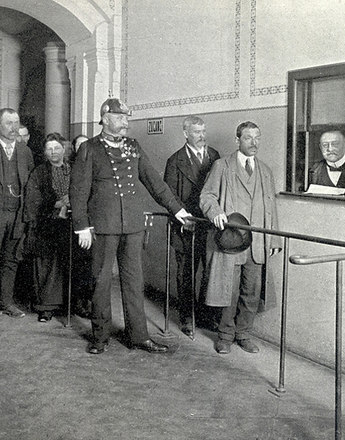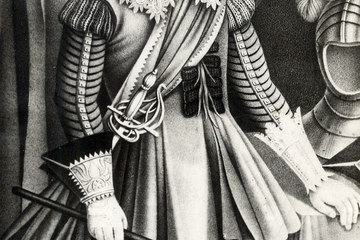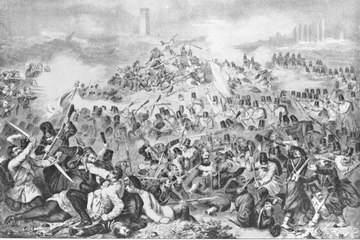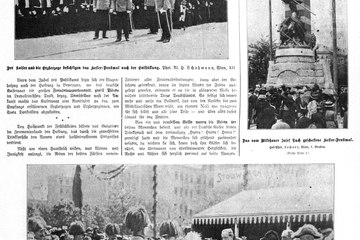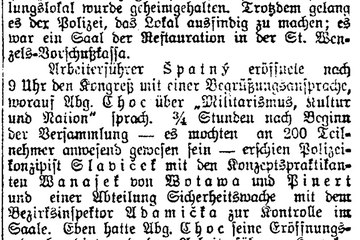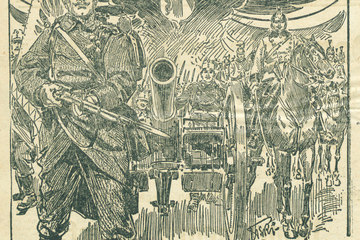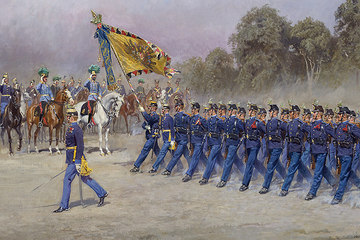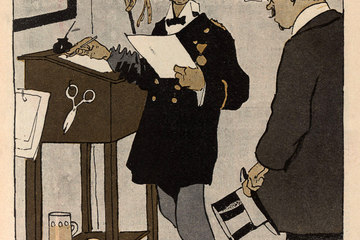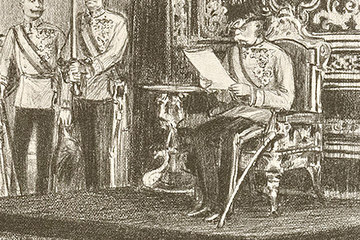The strong state and its subjects
The class society in the Habsburg Monarchy consisted of strict hierarchies. There were enormous differences between rich and poor. Members of the many social groups, as well as women in general, existed in a state of social and economic dependence. This was also reflected in the relationship between the state and the individual. In the old Austrian authoritarian state the “responsible citizen” was not consulted. Parliamentarianism and constitutionalism as a means of monitoring the absolute power of the monarch were relatively recent developments in the Habsburg Monarchy, and forms of political co-determination such as universal suffrage were in their infancy.
This in any case weak attempt at a civil society was further restricted by the war. Parliament was dissolved and replaced by military absolutism, and the bureaucratic and military state apparatus ruled without the control of elected representatives of the people. The media were subject to strict censorship. Wide-ranging state regulations also affected economic life, particularly “strategic industries”, where the work force was placed under military rule. Many civil rights were suspended, and the food for civilians was rationed. The failure of the state to secure basic needs ultimately led to a huge loss of authority.

